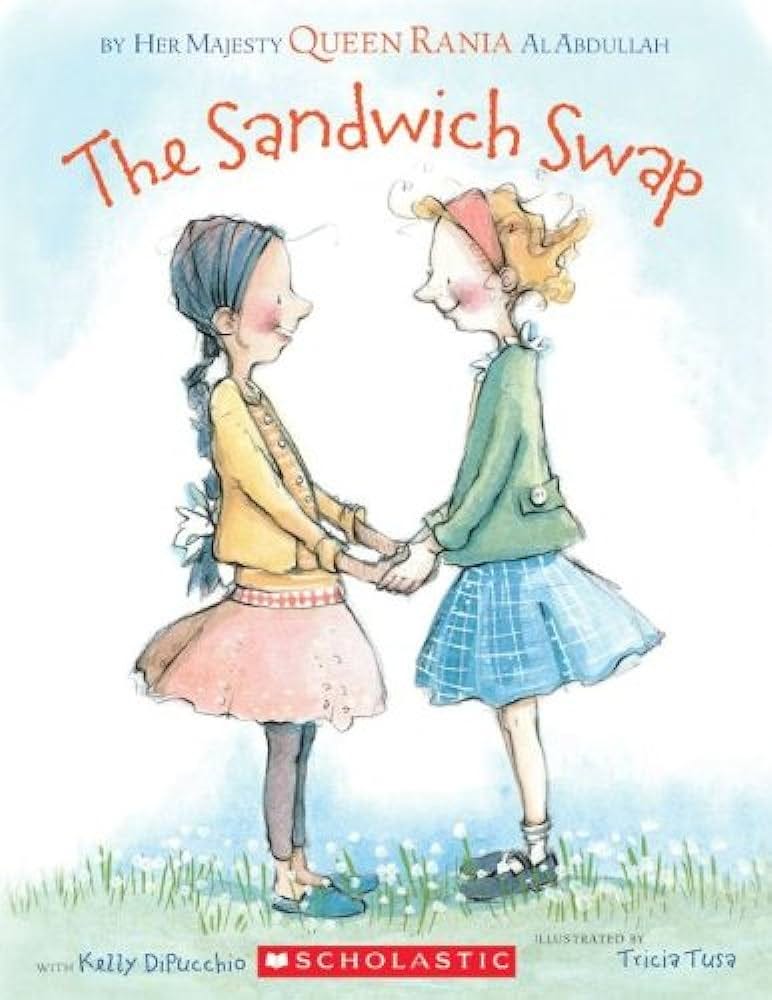I began working on a review of a novel three weeks ago, but the news coming out of the Middle East has been too distressing and my mind has been too distracted to be able to make any progress with it.
Last year, we spent more than three months living in Jerusalem as a family while my husband worked to strengthen relationships among the Christian population in the West Bank for a writing project. We made Israeli friends and Palestinian friends. We’ve seen and experienced for ourselves the realities of a daily life that is marked by heavy security, distrust, and control (or lack thereof). So, when we heard the news that an attack had happened on October 7th, my heart sank, both at the initial violence, which was awful, and at the premonition of the vast and swift retribution that was to come. Since then I’ve been woefully addicted to news and personal updates, feeling heartbroken and helpless.
But in the midst of a feeling of despair, I try to do what I can from afar. I’m praying, contacting political leaders, and reminding myself that “every one of us is undoubtedly responsible for all men — and everything on earth, not merely through the general sinfulness of creation, but each one personally for all mankind and every individual man.” (Starets Zosima, The Brothers Karamazov.) I’ve told my kids that it’s important that we do good and be a light to others whenever and wherever we can. And I’ve realized that my time is better served by shedding light on injustices and promoting deeper understanding and empathy when possible, including through these book reviews.
As I began to brainstorm some books that offer themes of love, charity, and peacefulness towards others, or promote an attitude of understanding between different people, a picture book that my mother-in-law gifted to us many years ago came to mind: The Sandwich Swap, by Queen Rania Al Abdullah of Jordan. In The Sandwich Swap, two girls named Salma and Lily are best friends who do everything together, including eating their lunch at school. Their tight-knit relationship experiences a test, though, when each of the girls expresses her feelings of disgust over the other one’s sandwich. To Salma, Lily’s peanut butter and jelly sandwich is “strange and gross.” To Lily, Salma’s hummus, or “icky chickpea paste,” is equally revolting. Each of the girls feels particularly protective of her sandwich, remembering her mom or dad making it for her with love, and a rift develops between the friends. Kids take sides in the lunchroom the next day, insults are hurled (and they get more and more personal), and eventually there’s a full-on food fight. (I like to think that my daughter treasured this book for its important message when she was younger, but it’s much more likely that the food fight made it a favorite.) Salma and Lily, despite their initial antagonism toward each other, feel ashamed when they see the chaos that the food fight has created. The next day, the girls find the courage to move past their differences and offer each other a taste of their respective sandwiches. Unsurprisingly, each girl likes the other one’s sandwich, and the girls are inspired to plan a meal with all of their classmates, featuring foods from many different cultures.
The story is simple; the text is short and uncomplicated. But the girls are sweet and relatable both in their differences and their similarities. And their decision to try to understand each other rather than fomenting anger and aversion is a lesson that should be taught early and often. For kids who have a cultural heritage that is different from the American mainstream (such as mine, who are half-Lebanese), the story might ring true (my son brought pita bread with zaatar on it for lunch in kindergarten, and completely weirded out his friends). For kids who are inclined to the completely human impulse to run away from something foreign in fear and disgust, the book offers a different way. And in an age when I fear too many children’s books have become overly didactic with very little nuance, I think this one still manages to couch its moral in a well-told story. The Sandwich Swap can be a read-aloud for any age and is well suited for the elementary grades. A somewhat seasoned elementary reader will be able to read this one independently, too.
Literacy advocates often say that one of the most important benefits of reading stories is the ability to exercise one’s empathy muscle: no other medium is as well suited to jumping inside the mind of another human being (or animal, even). At some point in the future, I may write more about why it’s so important for our kids to be reading. But in these dark times, I would implore my fellow parents and teachers to do whatever it takes to get our kids’ noses into some really good books and into the minds and lives of other human beings. If we lose our connection to each other, we lose everything.
NB: For a good young adult book about a refugee kid trying to fit in in the middle of American, check out Everything Sad is Untrue.






